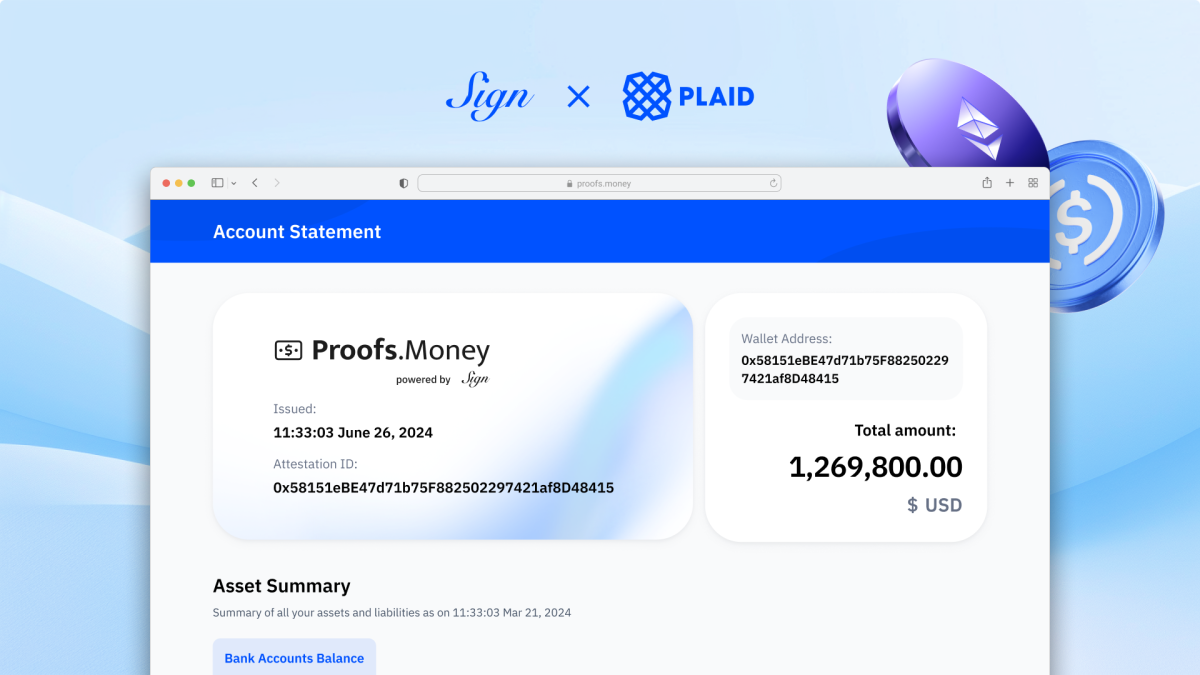House Financial Services panel at odds on crypto's part in financing terrorism

Quick Take
- Rep. Stephen Lynch, D-Mass., pushed back against the argument that crypto’s use in terrorist financing is minimal and said he’s not buying it, during Wednesday’s hearing.

Lawmakers and experts tried to get to the bottom of how often crypto is used in illicit finance, but seem no closer on Wednesday as they work on legislation to rein in the industry.
The goal is to "debunk some of the myths," said Rep. French Hill, R-Ark., on Wednesday, in his opening remarks in front of the House Financial Services Committee's panel on digital assets.
"At the end of the day, bad actors will continue to use any means possible to conduct their illicit activity," Hill said. "But phones and the internet aren’t to be blamed for terrorist financing and crypto shouldn’t either."
The use of crypto by terrorist organizations was spotlighted after a recent Wall Street Journal report found that Hamas, along with other militant groups, raised millions worth of crypto ahead of attacks in Israel. WSJ cited crypto researcher Elliptic, which later said that the figures used to portray the scale of crypto fundraising by Hamas were being misrepresented. The reports garnered criticism from the crypto industry, with key figures arguing crypto played a more limited role and that its traceability deters bad actors.
"The crypto industry and its advocates have been quick to defend themselves claiming that the amount of funding that has flowed through crypto channels is overestimated and is small in comparison to the amount of terrorism financing that flows through traditional finance," Lynch said. "I don't necessarily buy that argument as we have learned that it does not take much to fund terrorism."
What's next
Lynch asked experts testifying at the hearing for recommendations around pending legislation and where they should be paying attention.
"We've had a number of bills come through this committee, that for instance would take away jurisdiction of the SEC that's been a primary mover in the space and place it with the Commodity Futures agency [the Commodity Futures Trading Commission]," Lynch said. "What would you recommend in terms of our response to try to deal with some of these vulnerabilities that are present in the digital asset space?'
The SEC has more "broad experience" in investigating financial crimes, compared to the CFTC, said Alison Jimenez, president of Dynamic Securities Analytics, Inc.
"But the depth and breadth of what the SEC has been doing just purely from a number of SAR [suspicious activity report] filings — the CFTC barely gets a couple of hundred a year, and there's tens of thousands that the SEC receives, so they're just a little more used to dealing with that financial crime," Jimenez said.
Rep. Warren Davidson, R-Ohio, later pushed back against digital asset related SARs being an indicator of crime, comparing it to being declared "guilty until proven innocent."
Elsewhere at a conference hosted by Georgetown University, Sen. Cynthia Lummis, R-Wyo., said she felt hopeful that her illicit finance legislation, which in part would create examination standards for crypto to comply with money laundering and sanctions laws, would be passed through the National Defense Authorization Act soon. The amendment was passed in the Senate version of the NDAA in July and has support from Lummis, Sen. Kirsten Gillibrand, D-NY. and Sen. Elizabeth Warren, D-Mass.
Lawmakers, mostly Republicans, also sent a letter to President Joe Biden and Treasury Secretary Janet Yellen on Wednesday, asking questions about crypto's role in terrorist financing.
© 2023 The Block. All Rights Reserved. This article is provided for informational purposes only. It is not offered or intended to be used as legal, tax, investment, financial, or other advice.



